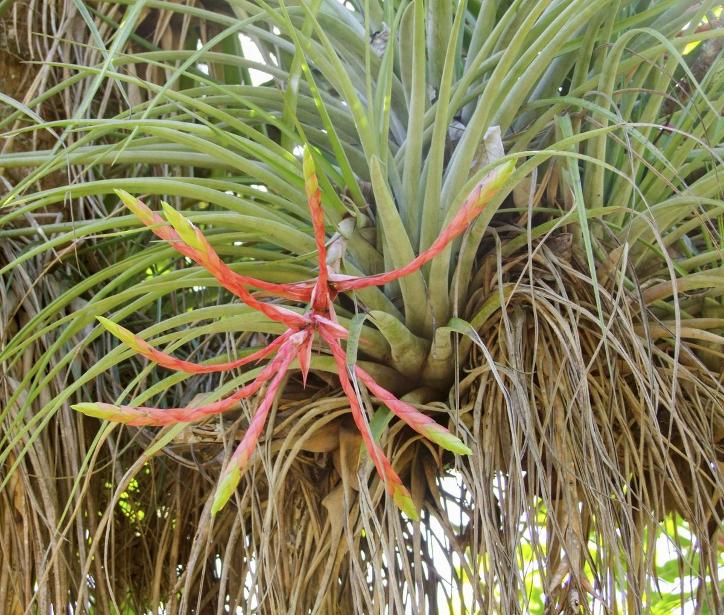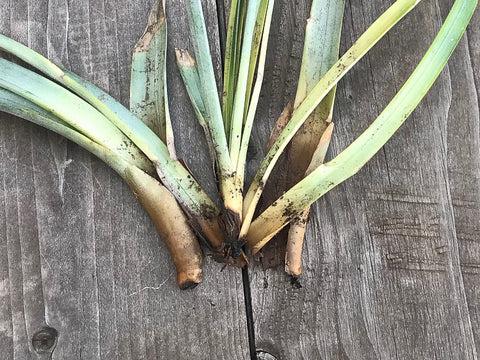Air Plant Plant
Air Plant (Tillandsia spp.) is a bromeliad growing 6-12 inches tall, hardy in USDA zones 10-11, with slow growth in well-drained, air conditions, requiring bright, indirect light and low moisture, and it is neither edible nor medicinal.

Habit
Bromeliad
Height
6-12 in
Growth
Slow
Soil
Well-drained, air
Shade
Bright, indirect
Moisture
Low
Edible
No
Medicinal
No
Origin
America
Climatic Condition
Warm, Dry
Temperature (°)
15-30°C
Humidity (%)
50-80%
Potting media
Air+Moss or without soil
Fertilizers
Not required
Watering
Low, Mist daily
Plant Weight
20-50 g
Flowering Time
Summer to Fall
Soil Ph level
5.0-6.0
Water Ph level
5.0-6.5
Soil EC
0.5 dS/m
Yield Per Plant
Minimal Yield
NPK ratio
N/A
life Span
3-5 yrs
Health Benefits
Purifies air
Suggested Grow Media or Potting Mix ?
N/A (Epiphytic plant, no soil needed)
Suggested Fertigation/Fertilizers
Mist with diluted liquid fertilizer monthly.
Common Diseases and Remedies
Improve air circulation, reduce watering Prune affected leaves, neem oil spray Wipe with alcohol, neem oil Increase humidity, neem oil Insecticidal soap, neem oil
Fungicides containing metalaxyl, Copper-based fungicides, Systemic insecticides like imidacloprid, Miticides containing abamectin.
HEALTH BENEFITS
Air plants, also known as Tillandsia, are unique plants that do not require soil to grow. They absorb moisture and nutrients through their leaves, making them low-maintenance. While air plants are primarily appreciated for their aesthetic appeal, they may also provide several health benefits:
- Air Purification: Air plants help filter the air by absorbing toxins like formaldehyde and benzene. While they aren't as powerful as other air-purifying plants, they can still contribute to improving indoor air quality.
- Improved Humidity: Air plants absorb moisture and release it back into the air, which can help improve humidity levels in dry indoor environments. This can be beneficial for respiratory health, particularly in areas with low humidity or during winter months when indoor air can become dry.
- Stress Reduction: Being around plants can promote relaxation and reduce stress. The calming presence of air plants, especially when placed in serene areas, can enhance well-being and mental health.
- Better Sleep: Like other plants, air plants may help promote better sleep by increasing oxygen levels and humidity, which can make the air feel fresher and more comfortable at night.
- Aesthetic and Mood Boost: Air plants add a natural touch to your home or office decor, which can boost mood and productivity by creating a calming, pleasant environment.
Though the health benefits of air plants are more subtle compared to other plants, they still offer a variety of advantages, especially in creating a healthier indoor environment

